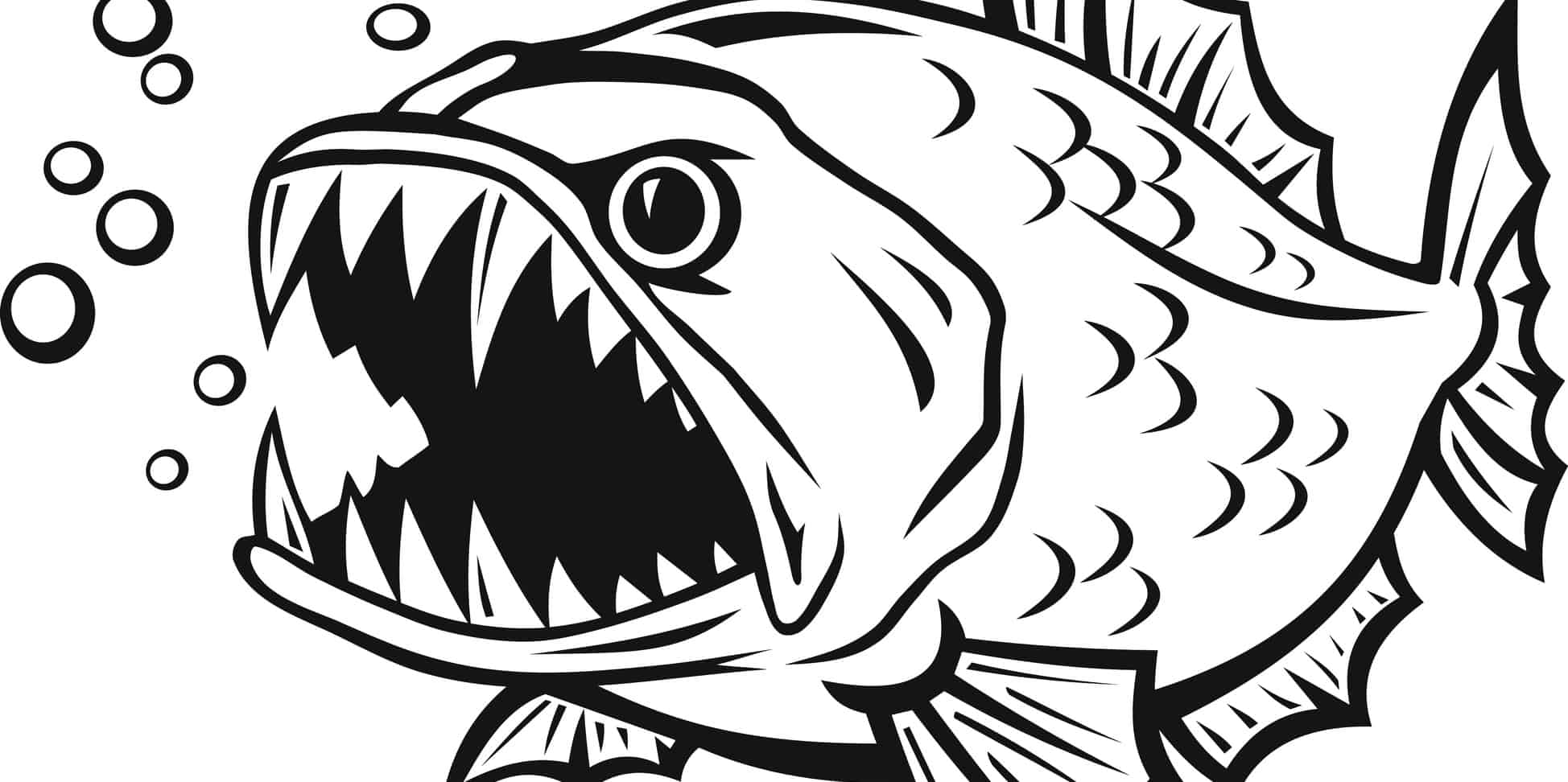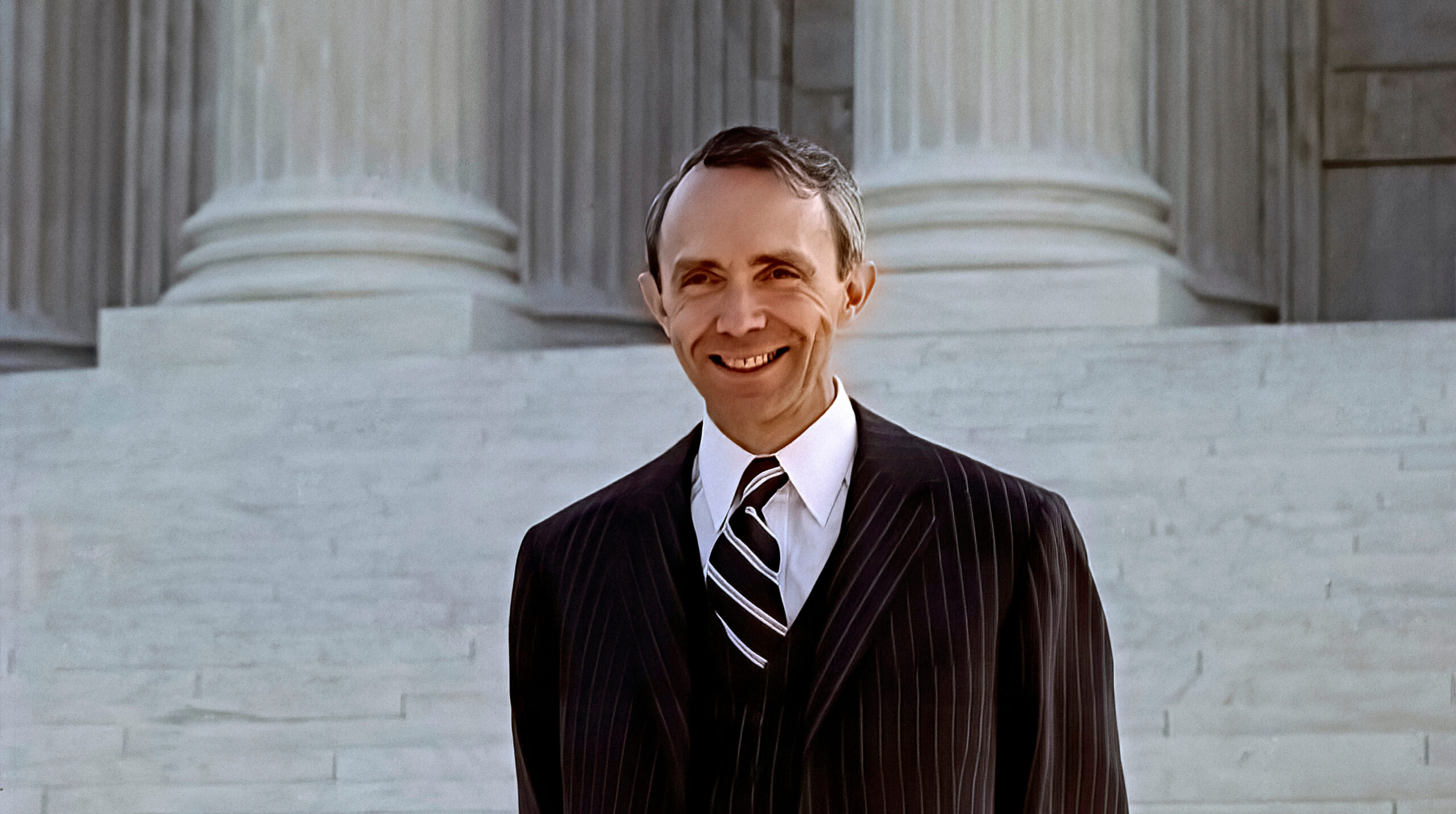
My name is Dave and I’m an incivility-holic.
Hi, Dave!
I don’t know where to begin.
I didn’t want to become uncivil, it just kind of happened, I guess. I grew up in an uncivil family. My parents would stay up late at night, both of them as uncivil as a skunk. We kids learned to fend for ourselves. As is often the case of children of uncivil parents, we repeated their pattern of abuse: lying to ourselves and others, carrying a façade of civility when we were really just waiting for the next opportunity to be mean.
Naturally, I became a lawyer.
At first, I would be uncivil just when I was with friends or, you know, at a party where everyone else was being uncivil. But eventually I found myself getting uncivil even when I was home alone. Sometimes I would call in “sick” to the office; I was so uncivil I couldn’t get out of bed.
I tried to hide my incivility at work, only sneaking in insults and mocking my colleagues when I thought they couldn’t tell. I thought all I needed was just a little confrontation now and then. In reality, I couldn’t go a day without getting totally uncivilized.
Even when I was being civil, I felt this overwhelming craving to be uncivil. I satisfied these urges in different ways. I made spurious arguments. I wrote rude emails. I nitpicked discovery requests or was just generally unfriendly.
One day I woke up and realized that I had been uncivil, on and off, for 47 straight days. My friends stopped talking to me. When I went to a bar association meeting, people looked the other way.
I blamed everything and everyone I knew for my incivility: lousy clients, judges who ruled against me, Colts playoff games. Everything except me.
I knew I had hit rock bottom when I was in an elevator one day and a terribly dressed lawyer got on. I needed to be uncivil so bad, I couldn’t stop shaking. At that moment, I gave up hope of ever becoming civil again.
Then, like a miracle, an old judge friend who had avoided me for years called me. He knew I was hopelessly uncivil, yet he appointed me as a judge pro tem for a day. He must have thought it might help change me. I was not sure I could pull this off. I had not been civil for a whole day since high school. But something inside me said, “This is your last chance.”
It was a difficult day. I was weak and uncertain. Late in the morning, two lawyers were arguing in open court about where to conduct a deposition and whether their phone calls had been returned by the other. Each threatened to counterclaim.
Suddenly, I saw myself in them and realized that my incivility had made me a different person. I knew I couldn’t live like this anymore. I committed to be my real self again, to stop putting on a mask, to remain civil.
At that moment I realized I was powerless over incivility, and I surrendered to a power greater than myself – the law. I realized I needed to share my story with uncivil lawyers every day.
Naturally, I became a judge.
As a judge, I have been able to remain civil because the system cannot function otherwise. The fate of people who aren’t even lawyers depends on how I manage myself. Indeed, the community at large looks to judges to be the foundation of civil society. Otherwise public confidence would erode and common decency might begin to disappear.
I used to think civility was a weakness. Now I realize that incivility is the weakness. And I’m not alone in coming to this conclusion. The Marion Superior Court in Indianapolis has issued civility guidelines for family law cases. The North Carolina State Bar Association started an “Ask Atticus” feature in its newsletter to answer anonymous civility questions. In Florida, 91 percent of lawyers surveyed indicated “lack of civility” as a major problem in the legal profession as of 2019. The ABA just recently reprinted a 2013 article, “Civility As The Core of Professionalism,” to highlight its commitment to civility as a primary topic. Canada’s Advocates’ Society has promulgated 16 civility principles.
If you think you might have an incivility problem, chances are you do. Don’t let fear or denial get in the way of your recovery.

The National Judicial College has awarded Missouri Supreme Court Judge Mary Russell with the Sandra Day O�...

Emeritus Trustee Bill Neukom (left) with former Board of Trustee Chair Edward Blumberg (right) at the NJC 60...

The National Judicial College, the nation’s premier institution for judicial education, announced today t...

The National Judicial College (NJC) is mourning the loss of one of its most prestigious alumni, retired Uni...

As threats to judicial independence intensify across the country, the National Judicial College (NJC) today...
